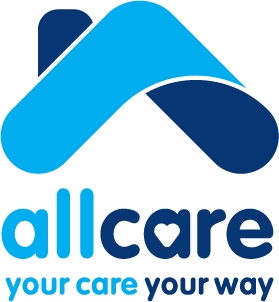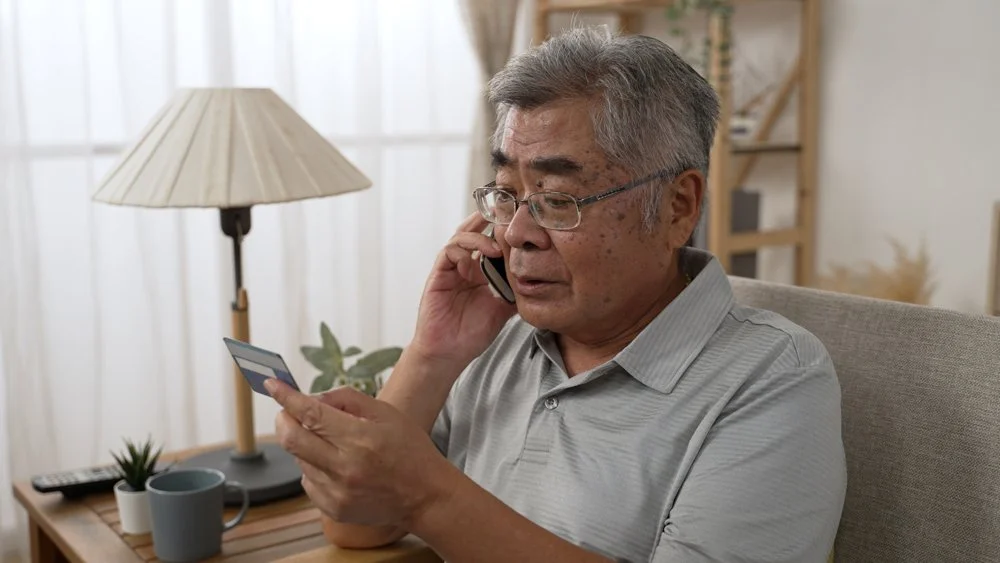10 ways to protect yourself from online scams and fraud
In our modern world of technology, scams and frauds have become more complex, affecting people of all ages.
Older adults, in particular, can be at higher risk due to their trusting nature, limited familiarity with technology, and the savings they've accumulated over the years. However, with the right information and proactive steps, we can safeguard ourselves against falling victim to these schemes.
Discover our 10 ways to protect yourself from online scams and fraud.
1. Stay updated
Keeping informed about the latest scams is crucial. You can do this by reading reliable sources like newspapers and government websites such as scamwatch.gov.au.
2. Be cautious
If something seems too good to be true, it probably is. Be wary of unsolicited calls, emails, or visits offering services, requesting payments or personal information, especially in exchange for big rewards. Legitimate organisations will not ask for sensitive information over the phone or email.
3. Protect your information
Never give out personal or financial details to unknown sources, whether online, over the phone, or in person. Be careful about sharing information on social media, as scammers may use it to impersonate you. Only share information when you initiate the contact and are certain of the recipient’s legitimacy.
4. Check before trusting
Before responding to requests for money or personal details, take the time to verify their legitimacy. If you receive suspicious emails or calls claiming to be from official sources, double-check their contact information independently. Take your time and don’t be pressured into making quick decisions.
5. Use strong passwords
Protect your online accounts with strong, unique passwords. Avoid using easily guessable passwords like names and birthdates, and consider using a password manager for added security. Enable two-factor authentication where possible.
Never hand over personal details to someone you don’t know
Take the time to verify the legitimacy of a request for money or your personal details. Take your time and don’t be pressured into making quick decisions.
6. Secure your devices
Make sure your computer, smartphone, and other devices have the latest security updates and antivirus software. Be cautious about clicking on links or downloading attachments from unknown sources.
7. Monitor your accounts
Regularly check your bank and credit card statements for any unauthorised transactions. Report any suspicious activity to your bank immediately to minimise potential losses.
8. Be wary of impersonators
Be cautious when dealing with strangers, both online and in person. Scammers may pretend to be someone you know or trust to deceive you. If you receive a suspicious text or email from a family member or friend, call them to check if they did indeed contact you.
9. Seek advice
Don’t hesitate to ask for advice from family, friends or your allcare Client Engagement Manager if you’re unsure about something. Talking about your concerns can help you make better decisions.
10. Report scams
If you suspect you’ve been targeted by a scam, report it to the appropriate authorities immediately. Reporting scams helps protect others from becoming victims too
Common signs of a scam, according to ScamWatch
→ It’s an amazing opportunity to make or save money
→ Someone you haven’t met needs your help – and money
→ The message contains links or attachments
→ You feel pressured to act quickly
→ They ask you to pay in an unusual or specific ways
→ They ask you to set up new accounts or PayIDs
If you’ve had your personal or financial information stolen, contact your bank or credit card provider and tell them to stop any transactions. If you or someone else is in immediate danger, call 000. For more information: www.scamwatch.gov.au



